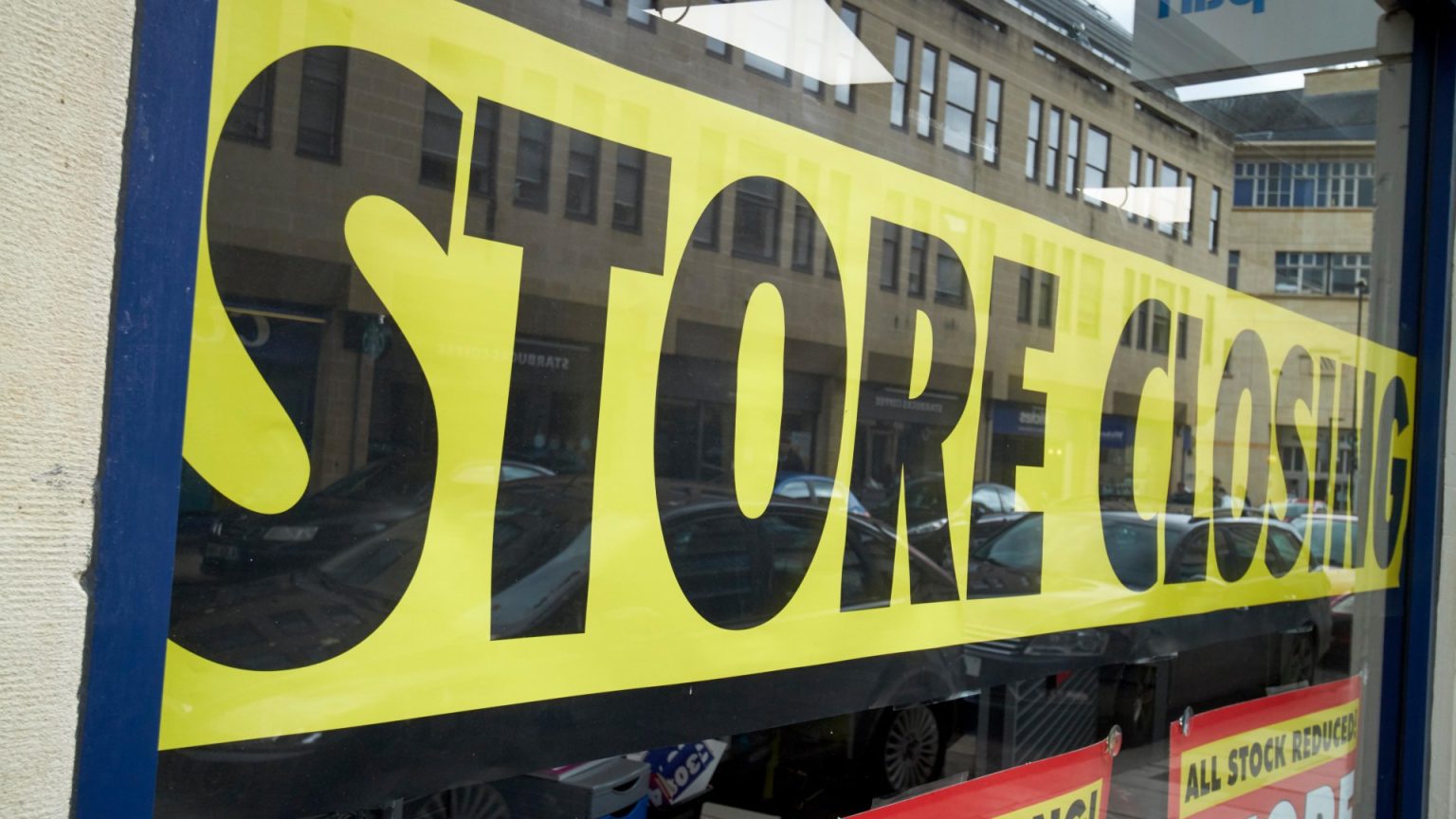The closure of All Types Electrical in Rotherham after 52 years of trading marks another casualty in the changing landscape of retail. The family-run business, established in 1972 by Maureen Stroughair and later continued by her children, succumbed to the pressures of evolving consumer habits and the increasing dominance of online shopping, particularly exacerbated by the Covid-19 pandemic. While loyal customers lamented the loss of the store and its friendly staff, the family acknowledged the difficulty of competing with larger retailers, a common refrain among independent businesses struggling to maintain profitability in the face of mounting operational costs and dwindling sales. All Types Electrical joins a growing list of retailers, both local and national, forced to shutter their doors.
The narrative of All Types Electrical echoes the struggles faced by other independent businesses across the UK. The Closet at Harker, a boutique pre-loved clothing store in Carlisle, announced its closure after only five months, despite curating a unique blend of preloved, new, and “nearly new” high-brand clothing. Owners Debbie Armstrong and Kath Paterson cited insufficient income to cover rent as the primary reason for their difficult decision. Similarly, Baytree Interiors, a retailer with seven stores across northern England specializing in gifts, home interiors, and furniture, will cease operations in February. These closures underscore the fragility of small businesses in a competitive market increasingly favoring online giants.
Even larger, established retailers are not immune to the prevailing economic headwinds. Card Zone will close two locations in April and the following month, while prominent garden centre giant Dobbies shuttered 12 stores before Christmas to mitigate rising costs. Homebase, despite being rescued by CDS Superstores (owner of The Range and Wilko) after entering administration, confirmed the closure of six stores by year’s end, with three more set to follow. These ongoing closures paint a bleak picture of the retail sector grappling with shifting consumer behaviors and increased operational expenses. The trend is indicative of a broader economic challenge impacting businesses of all sizes, forcing them to make difficult decisions about their viability.
The rise of online shopping and its impact on brick-and-mortar stores is a key factor contributing to the decline of the high street. The convenience of online shopping, coupled with often lower prices and wider selection, has drawn customers away from physical stores. This shift in consumer behavior has left many traditional retailers struggling to compete, burdened by high overhead costs like rent, utilities, and staff wages. The COVID-19 pandemic further accelerated this trend, as lockdowns forced consumers to embrace online shopping, leading to a permanent shift in buying habits for many.
The challenges faced by retailers are multi-faceted. Falling in-store sales, coupled with rising staff costs and other operational expenses, have squeezed profit margins, making it increasingly difficult for businesses to remain viable. The decline of the high street has a cascading effect; the closure of anchor stores often leads to decreased footfall for surrounding businesses, further impacting their viability. Retail parks, with their ample free parking and larger store formats, have become increasingly popular with shoppers, drawing business away from traditional high streets, where parking is often expensive and less convenient.
The decline of high street retail is not merely a business issue; it’s a societal one, impacting local economies and community life. Empty storefronts become symbols of urban decay, discouraging investment and further contributing to the decline of town centres. While some retailers have attempted to adapt by relocating to retail parks or focusing on online sales, the transition is not always successful. The future of the high street remains uncertain, but it’s clear that a combination of factors, including the rise of online shopping, changing consumer habits, and increasing operational costs, is contributing to a significant shift in the retail landscape. The closures of businesses like All Types Electrical serve as a stark reminder of the challenges faced by retailers in the 21st century.




